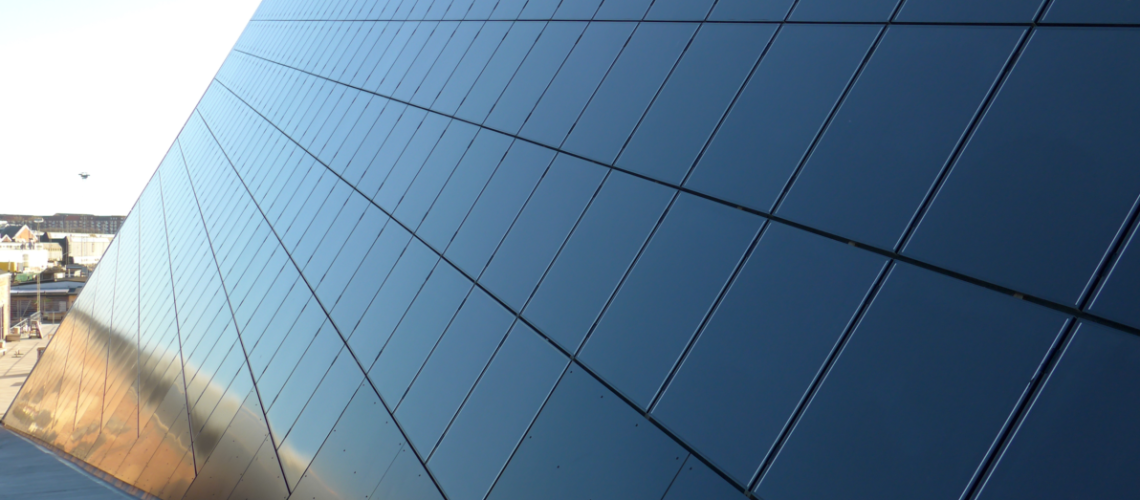The US manufacturer secured an equity-based financing facility to support R&D of its CIGS thin-film solar solutions.
Ascent Solar Technologies, a thin-film solar manufacturer, secured a $50 million equity financing from two institutional investors. The company said it intends to use the net proceeds for general corporate purposes including financing its continued growth, strategic investments in partnerships and capital expenditures.
Bryan Garnier & Co. acted as sole placement agent and financial advisor to the company on the private placement. Burr & Forman was counsel to the company on the equity round.
“We are seeing a resurgence of innovative original equipment manufacturer demand for thin-film solar solutions, as well as support by government and ESG-conscious investors alike,” said Jeffrey Max, president and chief executive officer of Ascent.
The company’s flexible-thin film solar technology is backed by 40 years of research and development and 15 years of manufacturing experience. Its Copper-Indium-Gallium-Selenide (CIGS) solar panels are made for use in environments where mass, performance, and reliability matter, including on space missions, airborne vehicles, agrivoltaic, commercial and industrial uses. Ascent operates a 5 MW research and development center at its corporate headquarters in Thornton, Colorado.
“This capital comes at a terrific time, as we are seeking to expand R&D and production to serve an ever-broader base of industries and use-cases,” Max said. “With a strong new leadership team in place, when strategic growth or investment opportunities arise, we believe ASTI will be ready to move.”
One of the advantages of Ascent’s CIGS solar panels is the lightweight material and adaptable to a wide set of use cases. The panels thin film is 52 microns thick, thinner than a human hair at an average 72 microns, leading to a very low weight relative to traditional panels at 68 grams per meter squared. It is also extremely flexible, able to roll to a radius of about 3 millimeters, rolled about as tightly as a pencil.
The reported power-to-weight ratio of the CIGS panels is 450 W per kg. This exceeds the 370 W per kg reported by an MIT research team that created a new process for printing thin-film solar onto Dyneema fabrics.
Conventional solar cells are encapsulated in glass and aluminum frames, limiting where they can be installed. A typical Massachusetts rooftop solar installation is about 8 kW, adding about 1,000 pounds to a roof. The MIT-developed Dyneema-affixed solar cell would add only 44 pounds to produce the same amount of power.
“The metrics used to evaluate a new solar cell technology are typically limited to their power conversion efficiency and their cost in dollars-per-watt. Just as important is integrability — the ease with which the new technology can be adapted. The lightweight solar fabrics enable integrability, providing impetus for the current work. We strive to accelerate solar adoption, given the present urgent need to deploy new carbon-free sources of energy,” said Vladimir Bulović, MIT researcher and author of the report.
Founded in 2005 and a public company since 2006, Ascent manufactures its thin-film PV product using a process called Monolithic Integration (MI). MI enables modules and arrays to have a specific footprint and power output with custom options for voltage and current. The architecture of the module allows it to continue to operate if damaged and in cloudy or overcast conditions, the company said.



